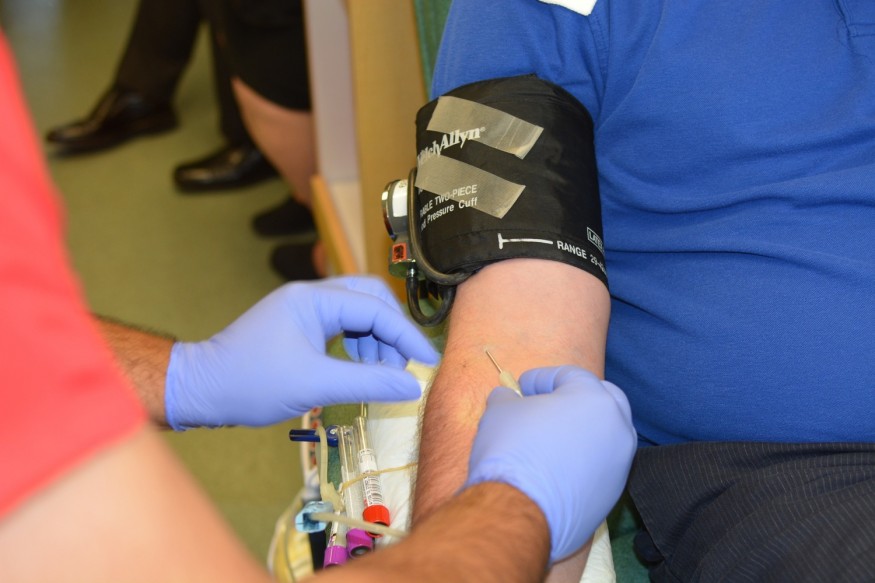
Hospitals are getting ready to test, if a hundred-year-old treatment applied to battle measles and flu outbreaks when vaccines were not yet available and tested more recently against Ebola virus and SARS, just might as effective with COVID-19. This particular test is the use of blood that newly-recovered patients donated.
Doctors in China tried the first treatments for COVID-19 through the use of, what's called in history books as, "convalescent serum" which is presently called the donated plasma, from the COVID-19 virus.
Currently, a chain of hospitals in the United States is waiting to be permitted by the Food and Drug Administration (FDA) to start conducting huge research of the infusions both as a probable cure for the sick and as vaccine-like protection that's temporary, for people who are susceptible and at high risk of the virus.
The medical experts emphasize that there is no guarantee if such a test is effective. Dr. Arturo Adsadevall, from the school of public health of Johns Hopkins University, said, they won't be able to know the effectiveness "until we do it."
ALSO READ : New Blood Test for COVID-19 Antibodies Developed
How Possible is the Therapy?
This suggestion for COVID-19 treatment, according to Dr. Jeffrey Henderson from the Washington University of Medicine, may sound as if the world is "back to the Stone Age." However, Dr. Henderson said, there is a reasonable scientific reason for trying to use the blood of the survivors.
When an individual gets infected by a specific germ, the body begins to make specifically designed proteins also known as antibodies to combat the infection. After the recovery of the infected person, the said antibodies float in the blood of the survivor, specifically the plasma, the blood's liquid part for months, and even years.
Among the planned research would test if infusing the antibody-rich plasma to newly-infected COVID-19 patients would improve the attempts of their own body to combat the virus. To see if effective, the researchers would gauge if the suggested treatment would give the infected individuals a better chance to live or lessen the need for using breathing devices.
Here's one important warming of the medical experts: As the regular transfusions of plasma are permanently present in medicine, so rare that they can lead to a lung-impairing side effect.
Can it Function as a Vaccine?
According to research, vaccines train the immune systems of people, to develop their own antibodies to fight a corresponding germ. The approach involving plasma infusion would provide an individual "a temporary shot of another person's antibodies that are temporary and need repeated doses."
But then again, if FDA approves, another study would provide infusions of plasma that's rich in antibody to specific persons at high risk from recurring COVID-19 exposures.
These people, according to Dr. Liiseanne Pirofski from New York's Montefiore Health System and Albert Einstein College of Medicine include the health workers or the so-called first responders.
Dr. Pirofski added people with a high risk of exposure to the virus may also mean nursing homes with residents becoming ill, with the hope of providing other people with some protection.
Historically, according to medical research, plasma infusions were most famously used in 1918 during the flu pandemic. They were also used to fight numerous viruses like bacterial pneumonia and measles, long before the modern medicines and vaccines came in. And for studies on COVID-19, it is said that patients who have recovered from the illness are the ones to provide the blood for the infusion.
Scientists would then gauge the number of antibodies is available in a unit of the plasma donated. The tests, now being developed are not yet available for the public to try. The experts are still figuring out the ideal dose, and how frequent a survivor could donate.
© 2025 ScienceTimes.com All rights reserved. Do not reproduce without permission. The window to the world of Science Times.












